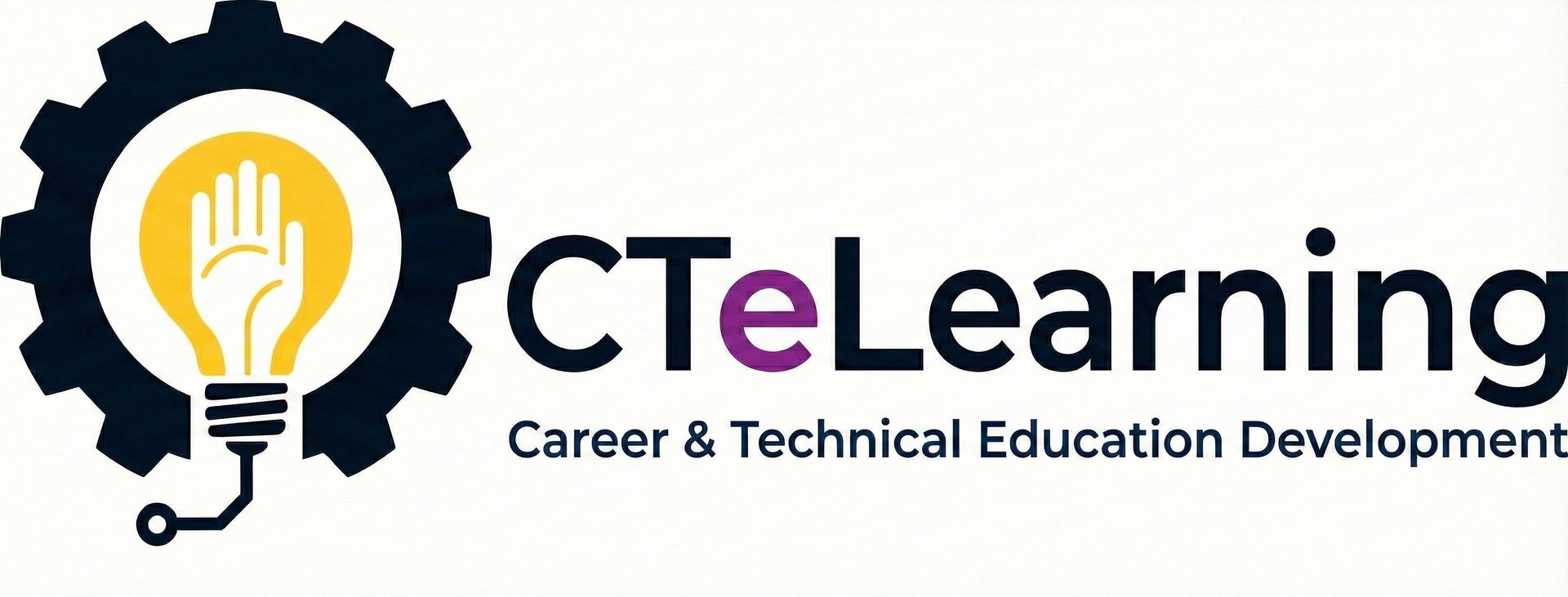Industry-Aligned CTE Curriculum for the Modern Classroom
Deploy industry-recognized CTE & STEM curriculum for high school and middle school without being a subject expert. Our web-based courses run on any device—including Chromebooks—with zero software costs. Designed for every classroom, regardless of budget or teacher technical background.
HIGH SCHOOL
Prepare your high school students for future educational and professional pathways with our Perkins V Aligned high school courses. We deliver turnkey, project-based curricula in web design, animation and more that lead to industry-recognized credentials (IRC). Bridge the hard and soft skills gap and ensure every graduate is college and career ready.
Middle school
Ignite curiosity with our easy-to-teach STEM career exploration curriculum. Built for any device—including Chromebooks—our middle school courses introduce students to coding, game design, and animation. Empower your learners to explore high-demand pathways and earn their first industry-recognized credentials today.
Turnkey, Cloud-Based STEM Curriculum for 1:1 Districts
Eliminate the IT burden with a device-neutral curriculum that runs entirely in the browser. Designed for 1:1 schools, our project-based platform empowers any educator to lead high-tech courses in Coding, Animation, and Design—guaranteeing measurable student success and professional-grade portfolios.
Career Readiness & Industry Certifications

Bridge the gap between education and employment with professional certifications integrated into every pathway. Our curriculum is built to exceed state accountability standards, boasting a 94% first-attempt pass rate for secondary students and 95% for adult learners. We provide the validated proof of skill that administrators need for Perkins V compliance and that employers demand in the labor market.
Zero-Install, Browser-Based

Eliminate the IT bottleneck with a truly device-agnostic platform. Whether your district uses Chromebooks, tablets, PCs or Macs, our cloud-native curriculum runs 100% in the browser with no plugins, downloads, or local software required. Deploy professional-grade STEM pathways across your entire district in minutes, not months.











